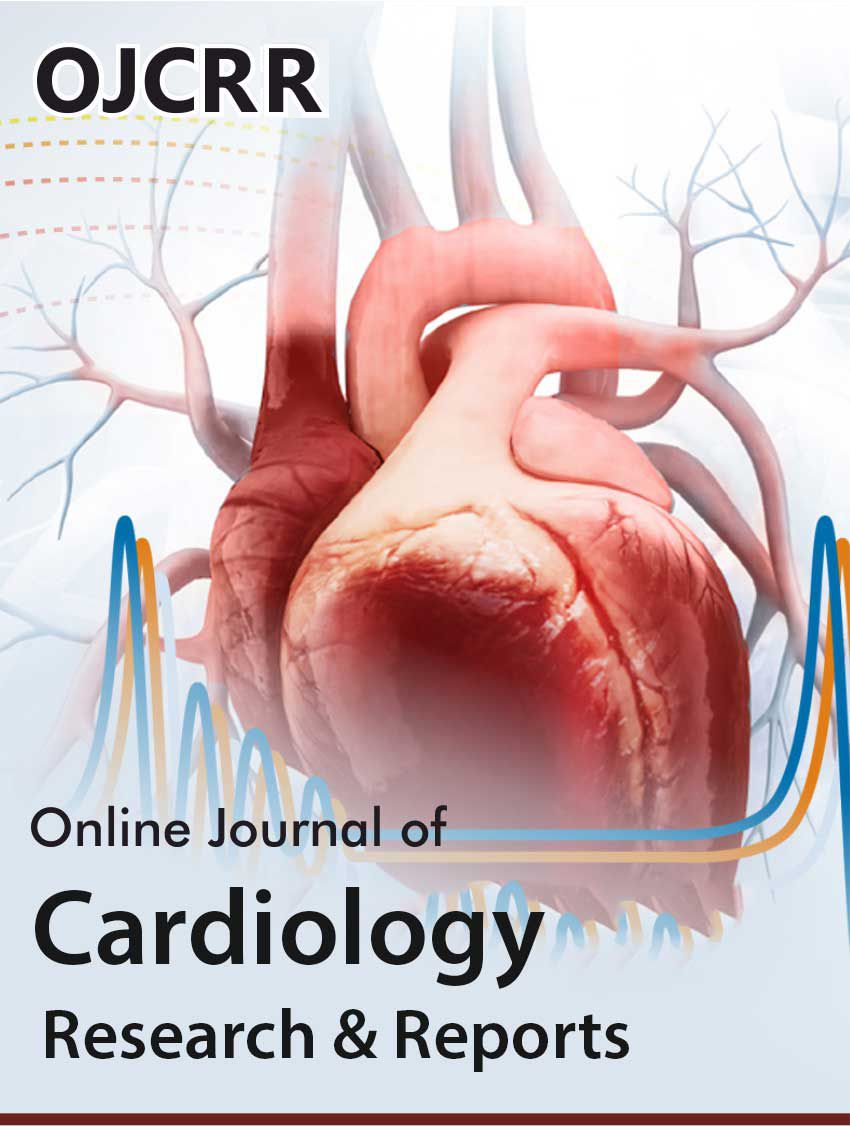 Mini Review
Mini Review
Dengue Myocarditis Leading to Acute Cardiac Failure: Rare Manifestation of Expanded Dengue Syndrome
Richmond R Gomes*
Associate Professor, Medicine Ad-din Women’s Medical College Hospital, Bangladesh
Richmond R Gomes, Associate Professor, Medicine Addin Women’s Medical College Hospital, Dhaka, Bangladesh.
Received Date:February 02, 2022; Published Date:February 15, 2022
Abstract
Dengue is a prevalent arthropod-borne viral disease in tropical and subtropical areas of the globe. Dengue clinical manifestations include asymptomatic infections; undifferentiated fever; dengue fever, which is characterized by fever, headache, retroorbital pain, myalgia, and arthralgia; and a severe form of the disease denominated dengue hemorrhagic fever/dengue shock syndrome, characterized by hemoconcentration, thrombocytopenia, and bleeding tendency. However, atypical manifestations, such as liver, central nervous system, and cardiac involvement, have been increasingly reported. Called expanded dengue syndrome. We report a 40 years old gentleman with atypical and rare presentation of dengue disease marked by a dramatic and fatal acute cardiac failure due to acute myocarditis. Condition improved after five days of conservative treatment. Cardiac complications in dengue are now increasingly observed with the most common case is myocarditis. The main mechanism of dengue myocarditis is still unknown though both direct viral infection and immune mediated damage have been suggested to be the cause of myocardial damage. The low incidence of dengue myocarditis is because it’s asymptomatic and diagnosis is easily missed. Almost all cases of dengue myocarditis are self-limiting and severe myocarditis leading to dilated cardiomyopathy is extremely rare. To avoid otherwise preventable morbidity and mortality, physicians should have a high index of suspicion for cardiac complications in patients with dengue illness and should manage this accordingly.
Keywords:Acute heart failure; Acute myocarditis; Cardiomyopathy; Expanded dengue syndrome; Dsengue fever
-
Richmond R Gomes. Dengue Myocarditis Leading to Acute Cardiac Failure: Rare Manifestation of Expanded Dengue Syndrome. On J Cardio Res & Rep. 6(3): 2022. OJCRR.MS.ID.000637.





